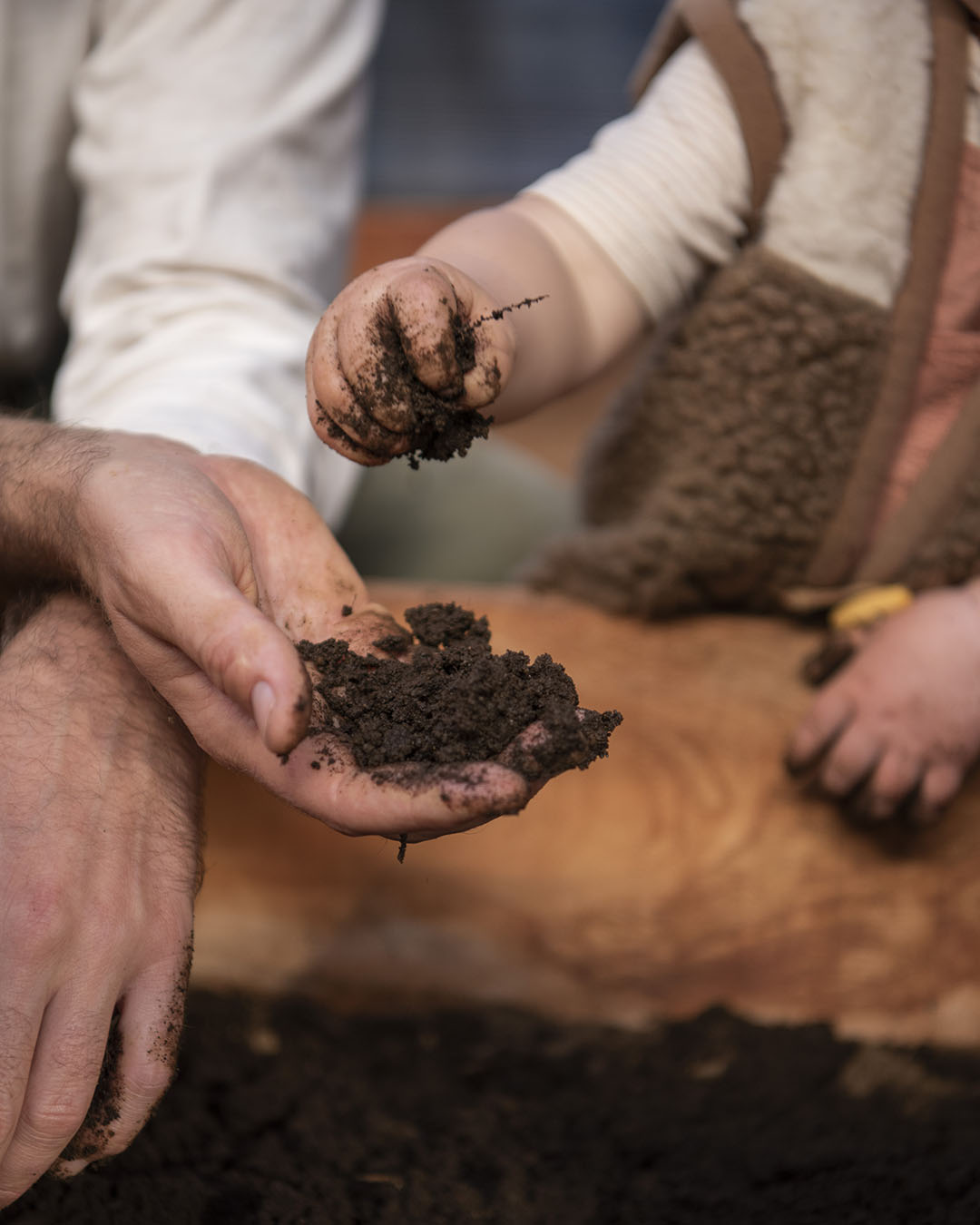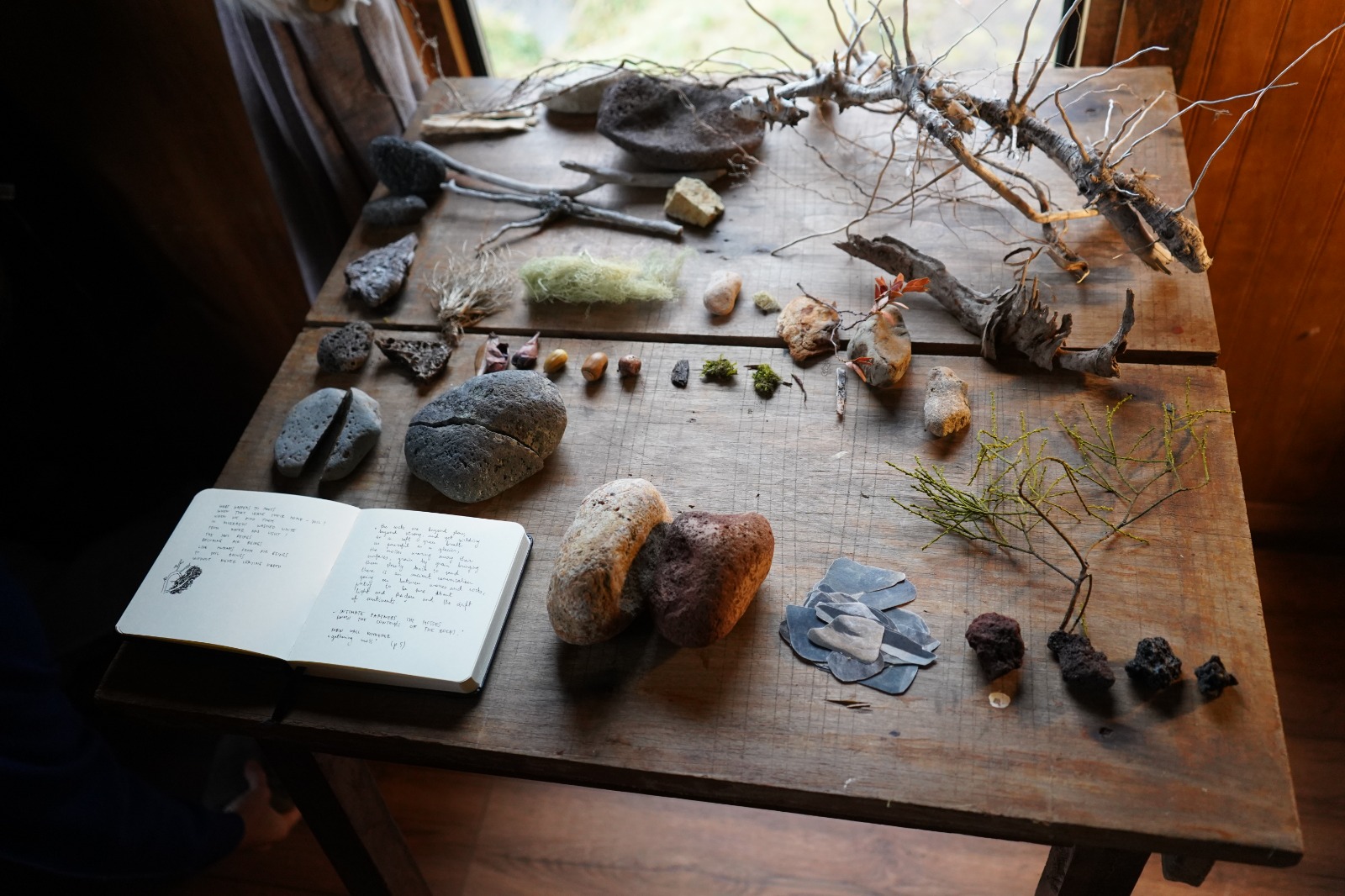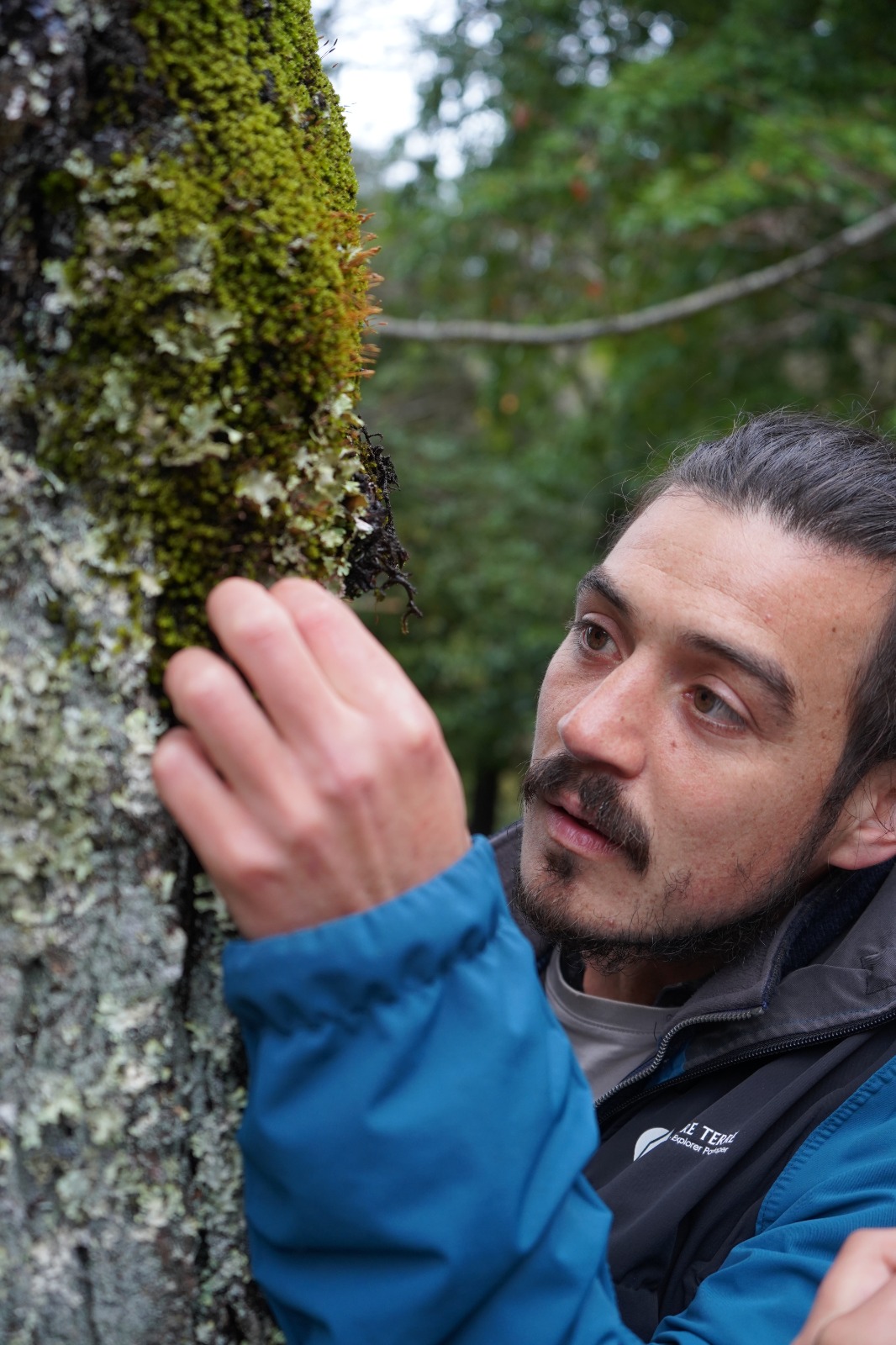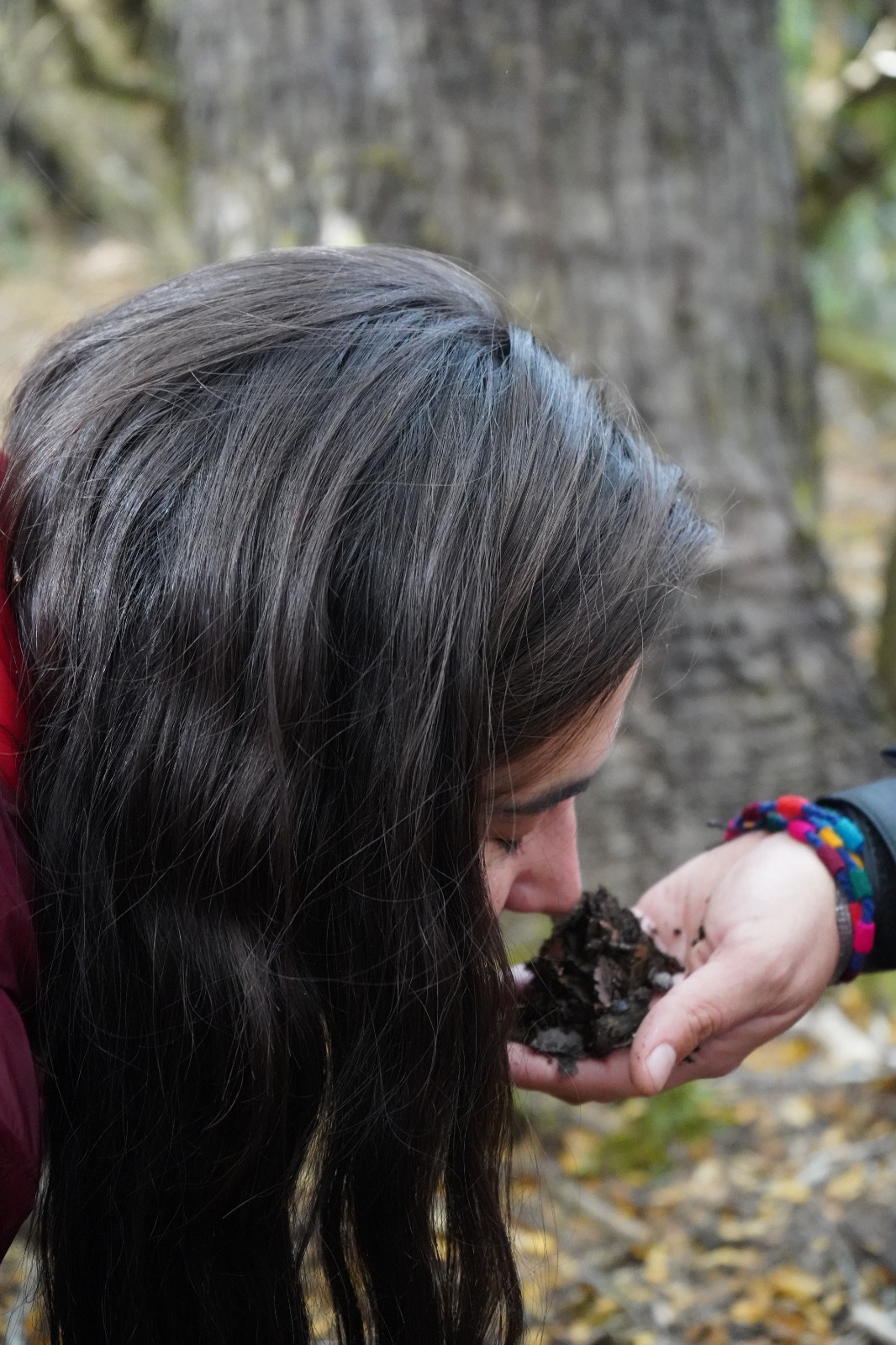
- open call
- 2022
BLACK EARTH- cultivating reciprocity
In this program we investigate all sorts interactions with ecosystems and food systems that stimulate biodiversity and resilience, some of which are related to the ancient history and culture of the Mapuche and Pehuenche people that originate from and live in this region called Wallmapu (also known as La Araucanía). We consider Indigenous perspectives and contemporary knowledge, both of which are central to people-plant relations, can deliver political as well as epistemological solutions to global environmental challenges. For the duration of the full six-week period, Valley of the Possible will organise a tailor-made program: with the first two weeks being immersive and guided, and the last four weeks predominantly self-guided. This program consists of various trips into the valley as well as surrounding areas and (Indigenous) communities, visiting examples of gardens, national parks and ecological reserves guided by biologists, farmers, chefs and specialists from local universities. It also features guest lectures and workshops by Indigenous seed keepers, wild food (edible plants and fungi) foragers, regenerative agriculture experts, philosophers, artists, Mapuche and Pehuenche leaders and community spokespeople. We will screen relevant documentaries about Mapuche, Pehuenche and Chilean culture, as well as supply a small library of relevant books. In addition to the program, we offer access and introductions to a broad network of art and science institutions and universities in Chile, Latin America and The Netherlands. After the immersive program period, there is time and freedom to deepen your practice, work on your own projects and to go on self-guided trips in the area.
From the grounds of the accommodation, participants have direct access to hundreds of hectares of native forest, several hot springs, geysers, and the Rio Blanco, with mineral water that springs from the adjacent Sierra Nevada volcanic mountain range. Apart from the program and the self-guided trips, we ask (though do not demand) our participants to consider dedicating a few hours per week to the earth and community they will become part of.


